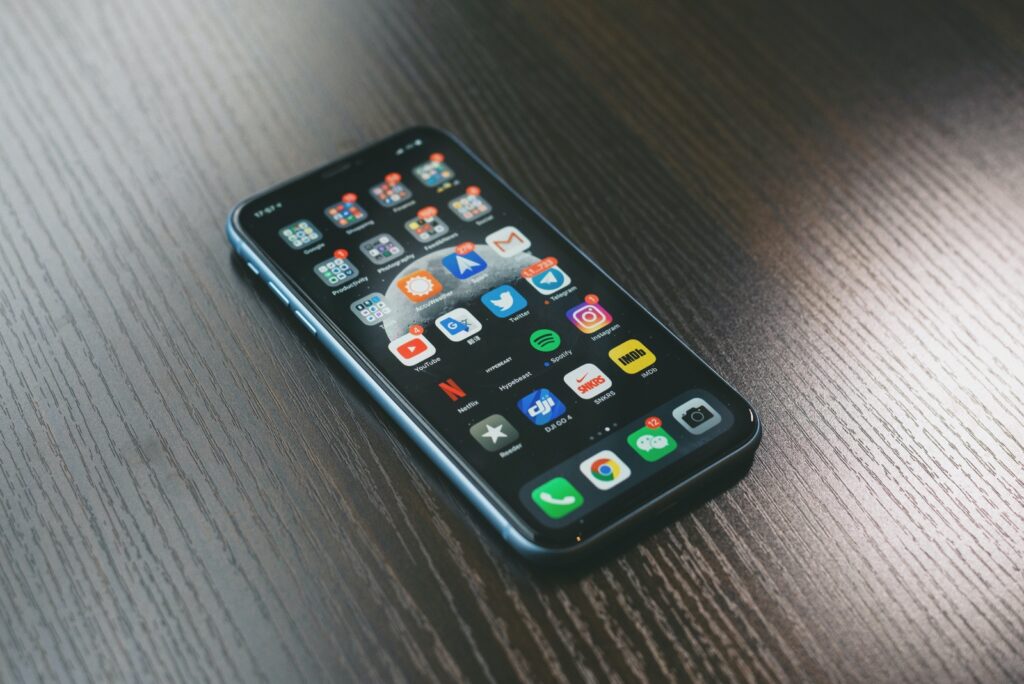
Mobile app security audits are everything when it comes to pinpointing vulnerabilities. And, in an attempt to overcome the inattentional blindness that internal teams can develop, outsourcing the audits can help maintain compliance, resulting in higher user confidence.
These audits deliver a very objective analysis of an application’s security framework. The frequency of these evaluations is not as straightforward as it seems, as they hinge on a few factors, such as the application’s risk profile and development cycles.
This article looks into how often developers should be undergoing security audits.
Factors Influencing Audit Frequency
There are a few things to take into consideration when deciding on frequency:
Application Risk Profile
High-risk applications require quarterly audits, which is more than most other apps. Apps within these categories include finance or healthcare sector firms, as they handle sensitive data as well as having strict compliance requirements. Lower-risk apps, like games or simple tools like calculators, may find annual audits to be sufficient, especially under the assumption of continuous monitoring tools.
Development Lifecycle Triggers
Security audits ought to be performed immediately after the launch of an app, as this is a tricky period where security is a concern from the outset. Major updates that introduce new features or API integrations will also warrant additional audits, which highlights that auditing isn’t a matter of “X times per year”. Any security incidents or user-reported breaches should also trigger a new app security audit.
Compliance Obligations
Adherence to regulations like GDPR and PCI-DSS often requires biannual or annual audits. Industry certifications, like ISO 27001, mandate periodic documentation of security measures.
Threat Intelligence
New vulnerabilities can emerge seemingly out of nowhere, such as zero-day exploits. These can demand immediate, unscheduled audits that are on top of your periodic, scheduled audit plans. Proactive audits are also wise when new attack vectors targeting mobile ecosystems are identified.
Benefits of Third-Party Cybersecurity Audits
Third-party cybersecurity firms offer a specialized expertise that is difficult to replicate in-house. They are dedicated experts in a single field, meaning they can boost the thoroughness and effectiveness of mobile app security audits – leaving their reputation on the line.
These firms use advanced tools and methodologies that are very cutting-edge, particularly in line with emerging machine-learning techniques. To conduct in-depth vulnerability assessments, adhering to standards such as OWASP MASVS/MSTG is ideal, and they have more expertise in compliance with regulatory frameworks.
By providing an unbiased perspective, external auditors identify potential oversights that internal teams miss – helping overcome inattentional blindness. These services also deliver prioritized remediation plans, so that you can take swift action to address critical vulnerabilities.
Final Word
Mobile app security audits should generally align with two things: an app’s specific risk profile and compliance mandates. However, they must also be proactive in new threats and discoveries, meaning it’s not a matter of waiting until the next scheduled audit.
Third-party vendors with OWASP MASVS and/or MSTG expertise are preferred, and those with compliance certifications. High-risk apps should aim for quarterly assessments, though most apps can rely on their annual reviews.







